What is the impact of anime on Japanese culture? Anime significantly influences Japanese culture by shaping societal norms, fashion, and entertainment. It has become a prominent form of artistic expression in Japan. Themes in anime often reflect traditional values and modern issues. This medium has also contributed to Japan’s global cultural identity. The success of […]
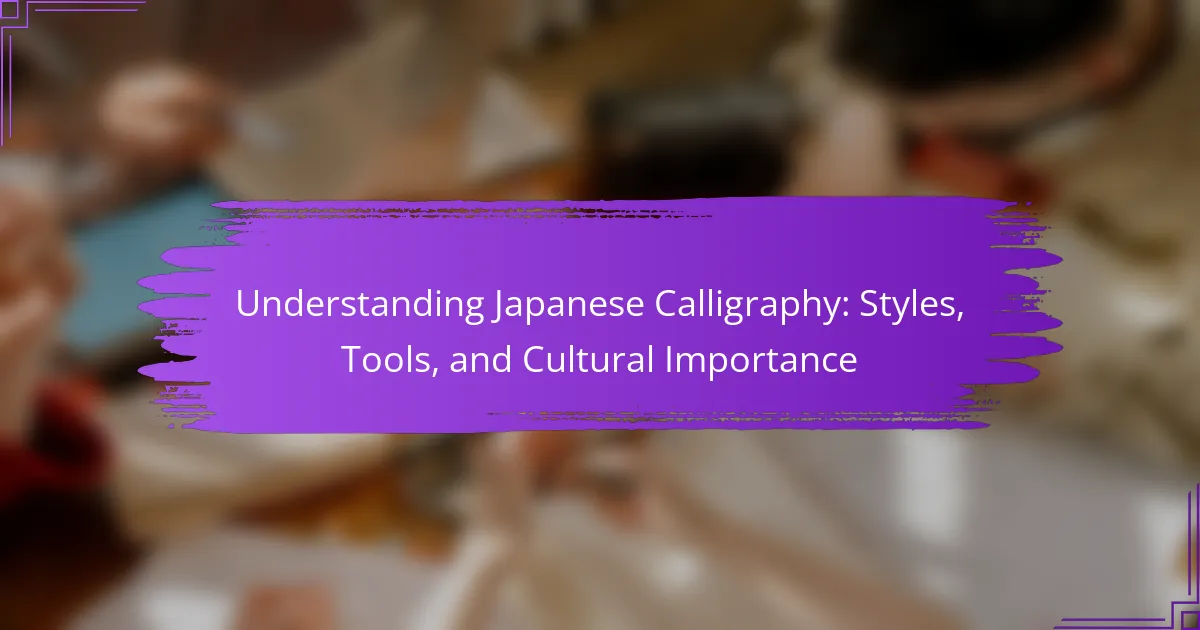
Understanding Japanese Calligraphy: Styles, Tools, and Cultural Importance
What is Japanese Calligraphy? Japanese calligraphy, known as “shodō,” is the art of writing characters with brush and ink. This practice emphasizes the beauty of form and fluidity of movement. Shodō combines aesthetics with the expression of emotion. It is deeply rooted in Japanese culture and history. The technique involves using different brushes and ink […]

The Evolution of Japanese Architecture: Styles, Materials, and Historical Context
What is the Evolution of Japanese Architecture? Japanese architecture has evolved significantly over centuries. It reflects cultural, social, and technological changes. Early structures, like the Jomon period dwellings, were simple and made from natural materials. The introduction of Buddhism in the 6th century influenced architectural styles, leading to the construction of temples and pagodas. The […]
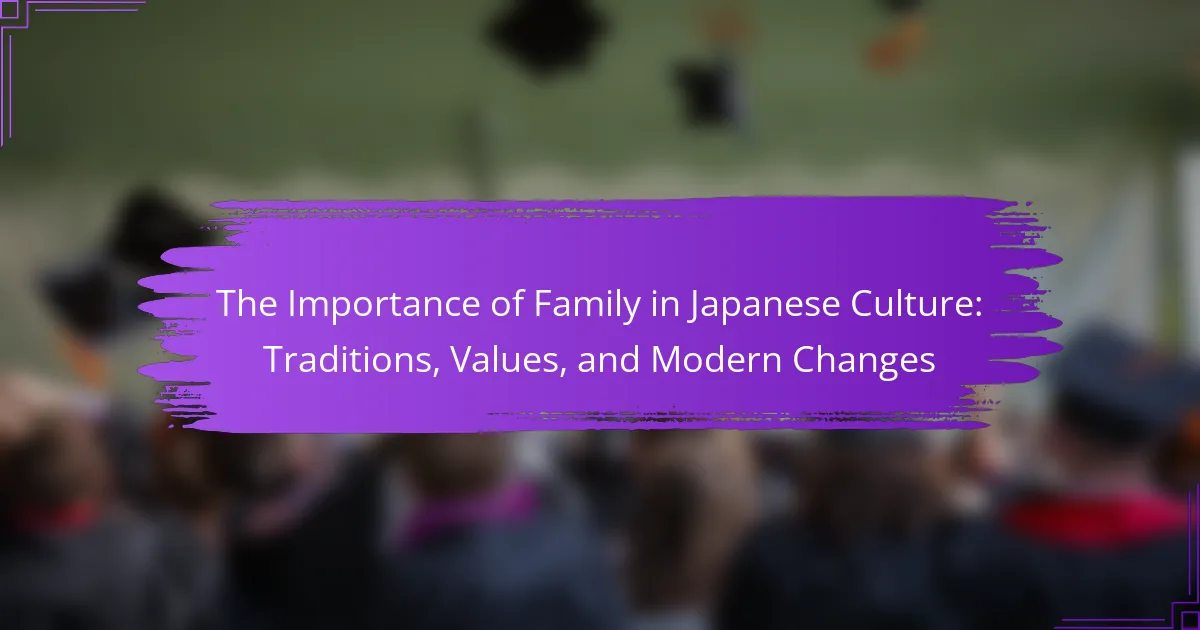
The Importance of Family in Japanese Culture: Traditions, Values, and Modern Changes
What is the significance of family in Japanese culture? Family is central to Japanese culture, embodying values of respect, loyalty, and social harmony. The family unit traditionally serves as the foundation for social structure. In Japan, filial piety is highly valued, emphasizing respect for elders and ancestors. This cultural norm is rooted in Confucian principles, […]
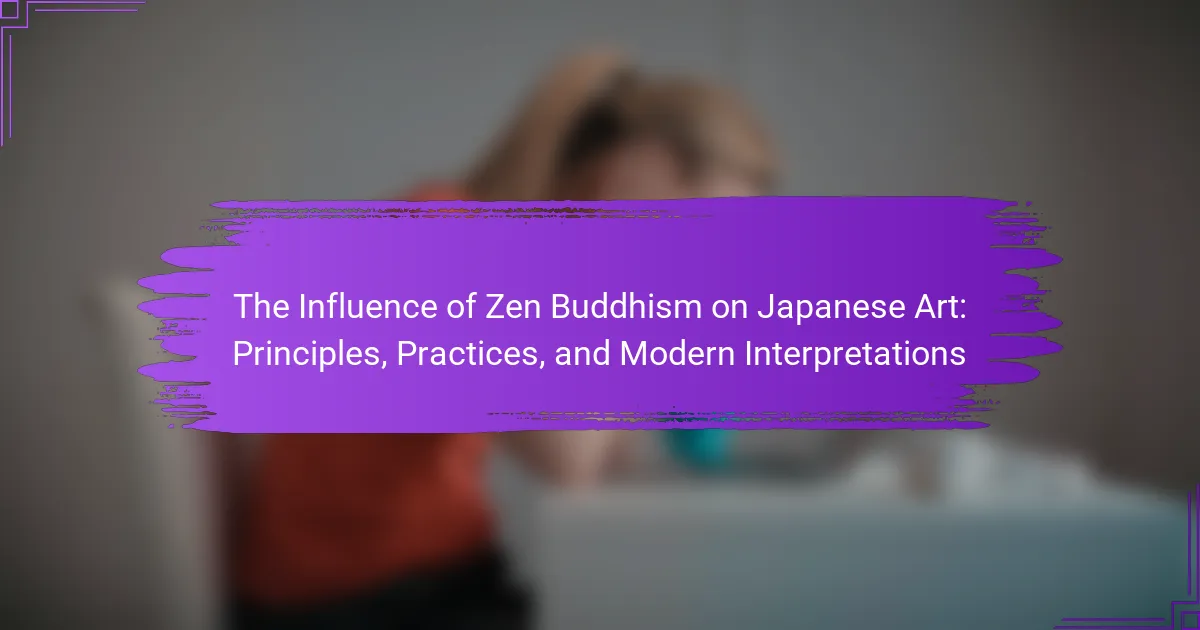
The Influence of Zen Buddhism on Japanese Art: Principles, Practices, and Modern Interpretations
What is the Influence of Zen Buddhism on Japanese Art? Zen Buddhism profoundly influences Japanese art through its emphasis on simplicity, nature, and meditation. This influence is evident in various art forms, including ink painting, calligraphy, and garden design. Zen principles encourage artists to express spontaneity and a deep connection to nature. The practice of […]
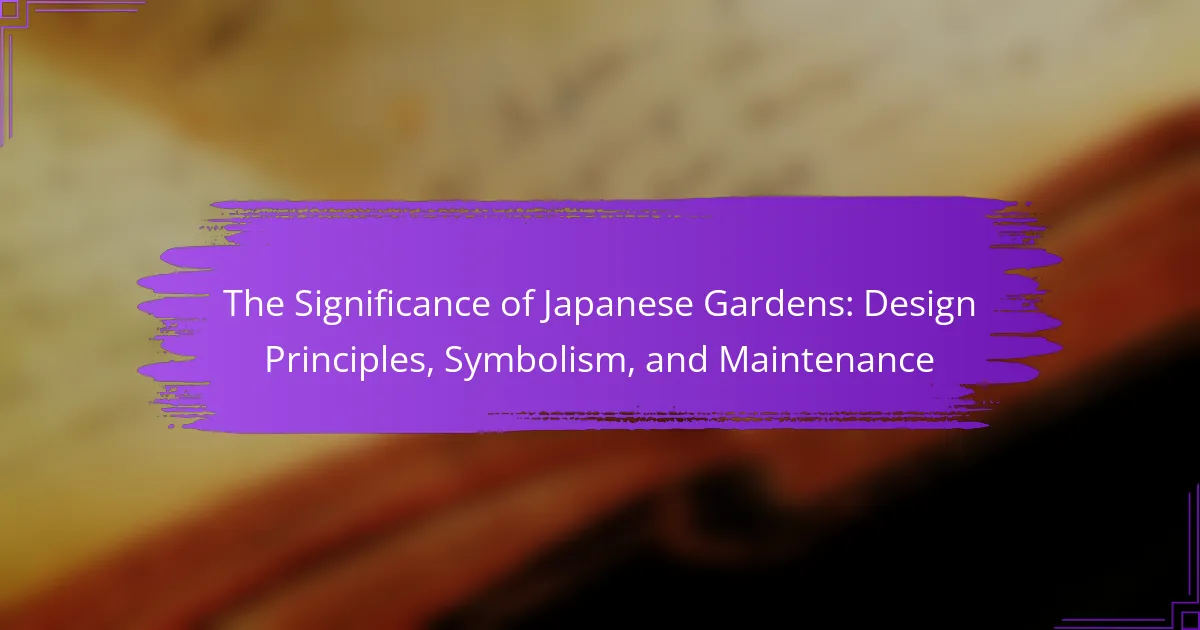
The Significance of Japanese Gardens: Design Principles, Symbolism, and Maintenance
What are the key elements of Japanese gardens? The key elements of Japanese gardens include rocks, water, plants, and pathways. Rocks symbolize permanence and stability. They are often arranged to represent mountains or islands. Water features, such as ponds or streams, symbolize purity and provide a reflective surface. Plants are carefully selected for their seasonal […]

Exploring Japanese Fashion Trends: Historical Influences, Modern Styles, and Cultural Statements
What are the key elements of Japanese fashion trends? Key elements of Japanese fashion trends include layering, unique silhouettes, and a blend of traditional and modern styles. Layering is a common practice, often involving multiple clothing items to create depth. Unique silhouettes can be seen in designs that challenge Western norms, emphasizing asymmetry and volume. […]

Japanese Folklore and Mythology: Key Stories, Characters, and Cultural Impact
What is Japanese Folklore and Mythology? Japanese folklore and mythology encompass the traditional stories, beliefs, and deities of Japan. These narratives often include gods, spirits, and legendary creatures. They reflect the cultural values and historical experiences of the Japanese people. Common themes include creation myths, morality, and the relationship between humans and nature. Prominent figures […]

Japanese Literature: Key Authors, Themes, and Cultural Reflections
What is Japanese Literature? Japanese literature encompasses the written works produced in Japan, reflecting its culture and history. It includes poetry, novels, essays, and plays. Key periods include classical literature from the Heian era and modern literature from the Meiji era onward. Notable authors include Murasaki Shikibu, Yukio Mishima, and Haruki Murakami. Themes often explore […]
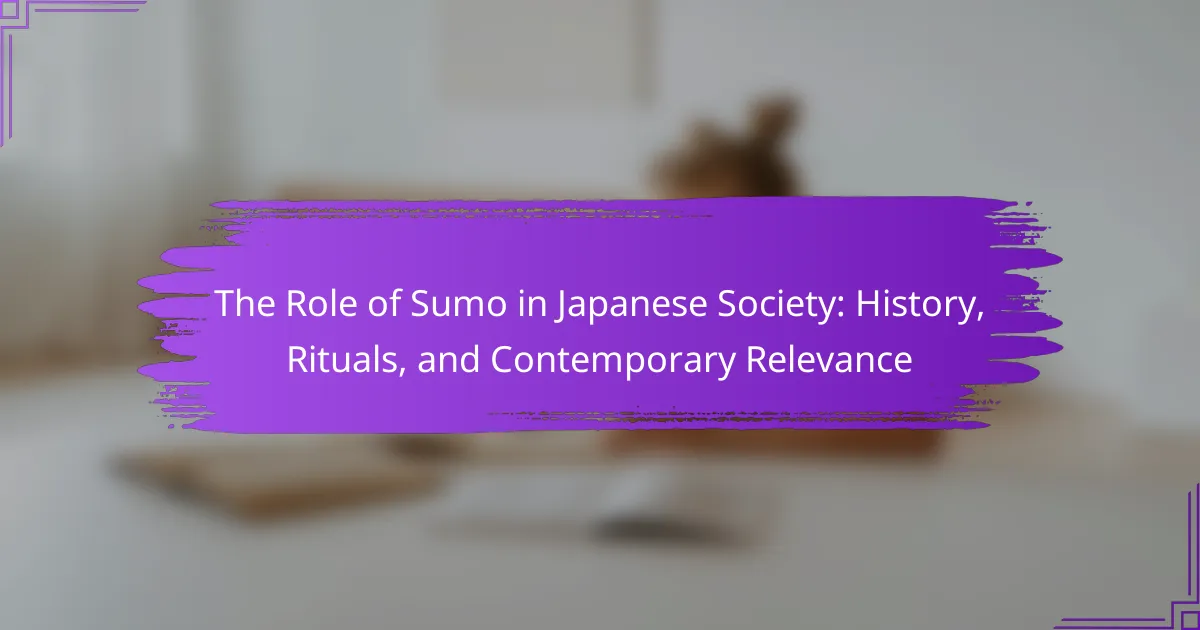
The Role of Sumo in Japanese Society: History, Rituals, and Contemporary Relevance
What is the significance of Sumo in Japanese society? Sumo holds significant cultural and historical importance in Japanese society. It is considered Japan’s national sport and embodies traditional values. Sumo rituals reflect Shinto beliefs, emphasizing [censured] and community. The sport promotes discipline, respect, and physical prowess among its practitioners. Sumo tournaments attract large audiences, fostering […]
